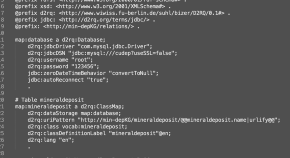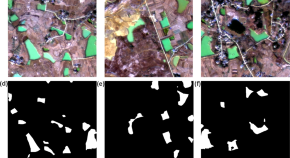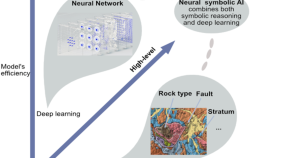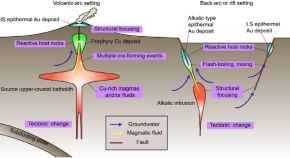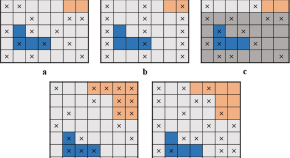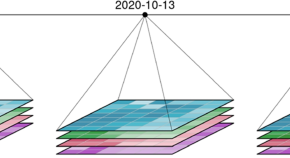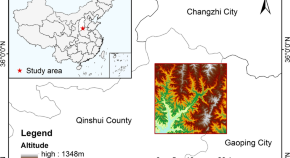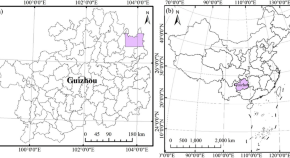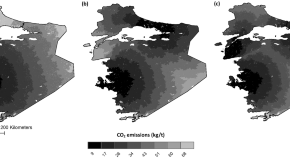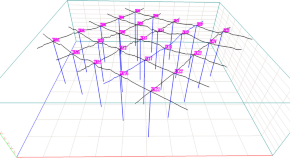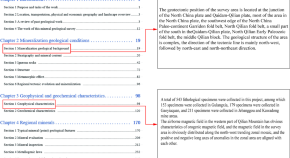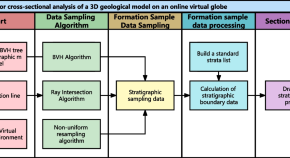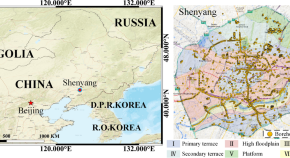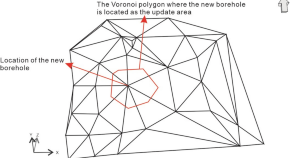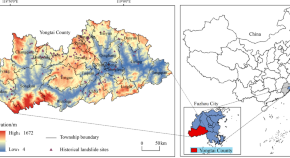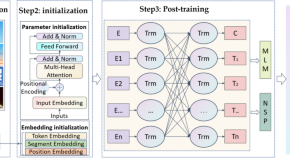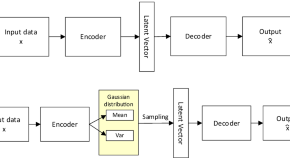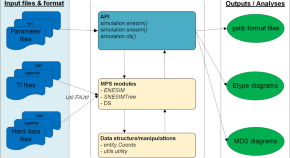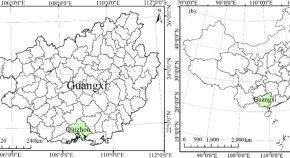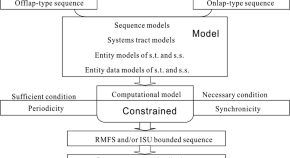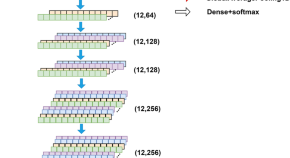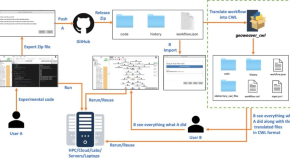Automatic 3D fault segmentation based on multi-scale feature fusion model with compound loss function
Authors (first, second and last of 6)
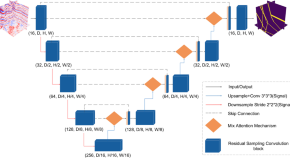
Collection
Xiaogang (Marshall) Ma is an associate professor of computer science at the University of Idaho, USA. He received his Ph.D. degree of Earth Systems Science and GIScience from University of Twente, Netherlands in 2011, and then completed postdoctoral training of Data Science at Rensselaer Polytechnic Institute. His research focuses on deploying data science in the Semantic Web to support cross-disciplinary collaboration and scientific discovery, with broad interests in complex systems in Earth and environmental sciences, data interoperability and provenance, and visualized exploratory analysis of Big and Small Data.
Qiyu Chen is a professor of geoinformatics at the China University of Geosciences, Wuhan. He received his Ph.D. degree of Geoscience Information Engineering from China University of Geosciences in 2018, with one year (12/2026 to 12/2027) as a visiting Ph.D. student at University of Lausanne. His research interests include 3D characterization, simulation and modeling for subsurface heterogeneous structures and phenomena, development of algorithms and applications of multiple-point geostatistics and machine/deep learning methods in earth and environmental sciences, and design and development of tools for visual analysis of geospatial data.
Xiang Que is a postdoctoral researcher of computer science at the University of Idaho, USA. He received his PhD degree of Geoscience Information Engineering from China University of Geoscience in 2015. His research focuses on spatiotemporal data modeling and statistical analysis, with broad interests in geoinformatics technologies such as applying parallel computing and knowledge graphs. He received the May Fourth Youth Individual Medal and the Fujian Province Surveying, Mapping, and GIScience and Technology Award - First Prize in 2021. He is a director of the China Industrial Statistics Teaching Research Association.
Gang Liu is a professor of computer science at the China University of Geosciences, Wuhan. He received his Ph.D in Geodetection and Information Technology from China University of Geosciences in 2004. From 2006 to 2007 he studied at University of Ottawa, Canada as a Post-doctorate Fellow. His research interests include geoscience big data, 3D geographical information system and spatio-temporal data analysis. He has authored and co-authored 90+ peer-reviewed journal papers, and 20+ conference abstracts/papers. In 2020, he received the John Cedric Griffiths Teaching Award from the International Association for Mathematical Geosciences.

